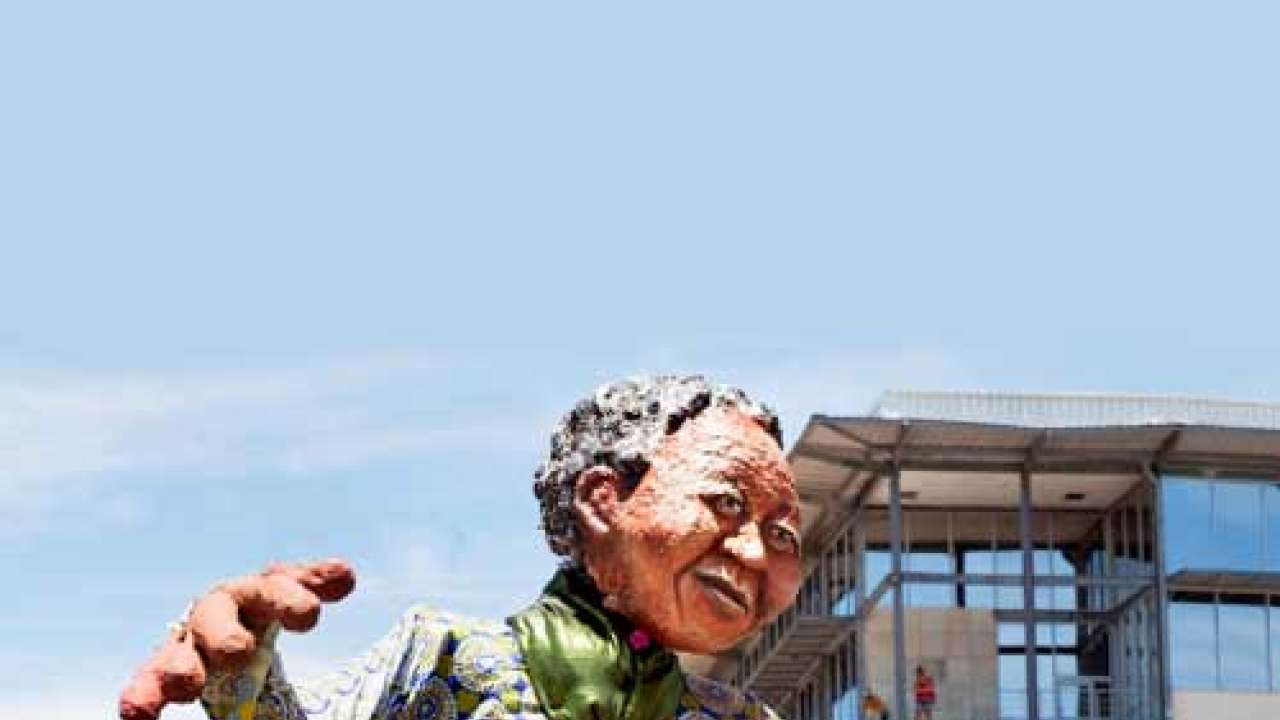
Everytime the world loses a major celebrity — religious leader or statesman — the media goes through a familiar churn. Pre-written obituaries are published. Their major achievements and dark days relived through long form retrospectives. Their closest companions give interviews with inane human interest details like that one time they went to eat ice cream together. Finally, when all else runs out, a list of other celebrities that have mourned their loss on Twitter is made and turned into a photo essay to increase web page hits. What everyone usually ignores is the comedy around it.
That brings me to Nelson Mandela. After the news of him passing broke, every major news network went through the above-mentioned scenarios. What was more fascinating, and if you’re not easily offended I suggest you make this a habit, was to look at the Twitter feeds of Anthony Jeselnik and Sickipedia. Jeselnik is a successful stand-up comic with his own television show on Comedy Central with the central premise that no joke is off limits. After years of playing to tough rooms, Jeselnik along with other comics such as Daniel Tosh have carved their own niche of doing offensive comedy. They managed to create their own niche through dark humour, traditionally the least socially acceptable form of humour. A few minutes after Nelson Mandela died, Jeselnik’s fans were egging him on to make a joke about his death. Jeselnik didn’t disappoint and tweeted “South Africa is going to have a white Christmas”. Over at Sickipedia, one saw jokes such as “Nelson Mandela dies at 95, that’s 5 miles per hour more than Paul Walker”.
As a comedian this is very exciting to watch because there is literally no space for dark humour, especially that on a famous person’s death in public spaces. Whether you’re on stage, writing in print or on radio there is always the same brief ‘No sex, drugs, religion and try and avoid politics.’
Even on Twitter in India, forget joking about someone’s death, the mere fact that you disagree with someone’s political opinion leads to threats of incarceration under Section 66 of the IT Act, physical violence, organised trolling and more. Hypocrisy is also dictated by geography and those affected. If an earthquake strikes Panama, the same people who retweet a joke are the ones that censure you for joking about an earthquake in Delhi. Jokes are also fine in natural disasters if there are no casualties, but frowned upon if there are. Nuances such as how some people use humour as a defence mechanism or the importance of diffusing extremely volatile and disturbing situations through jokes always get lost.
There are two things I feel rather strongly about. The first, if you die and no one jokes about your life, then your life hasn’t been worth it. The second, a mark of an evolved society is that it can take a joke on itself and its trying situations without always getting caught in hurt sentiments and morality. India is still negotiating that public space on what jokes are acceptable and when. Till then I suggest you stick to the likes of Jeselnik and his fascinatingly crafted sub-culture of fans.